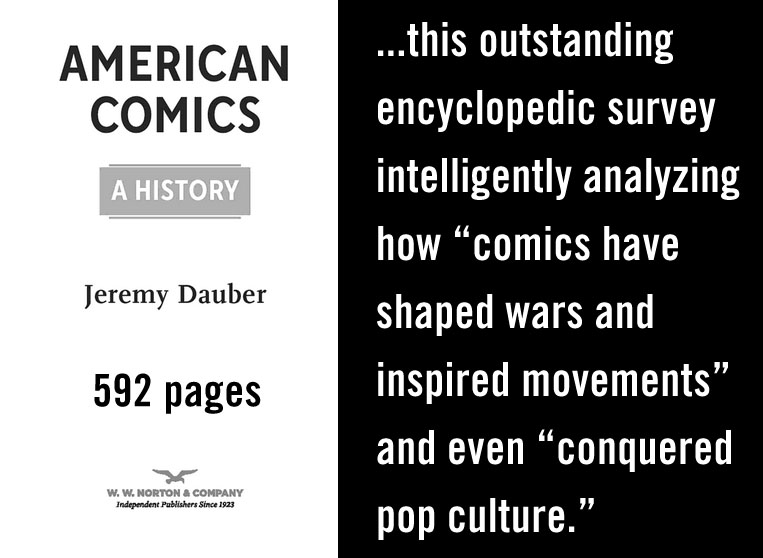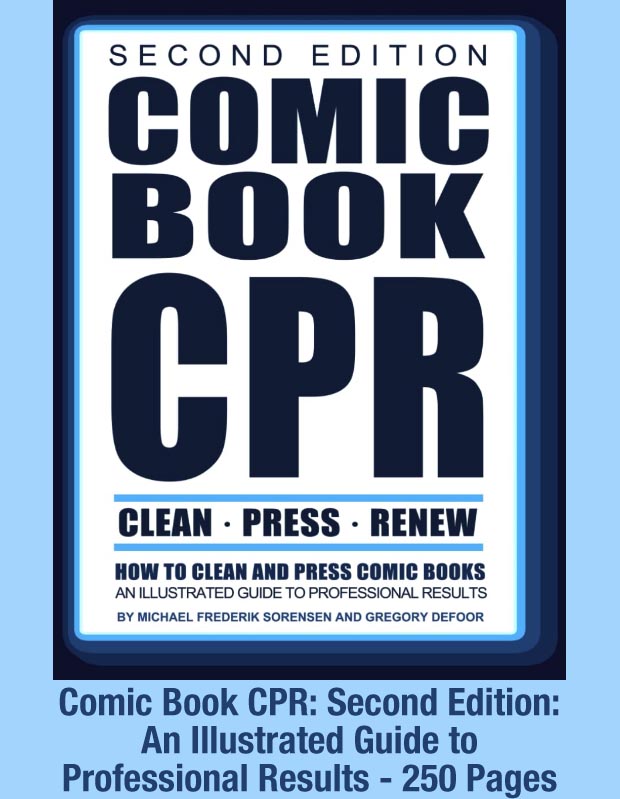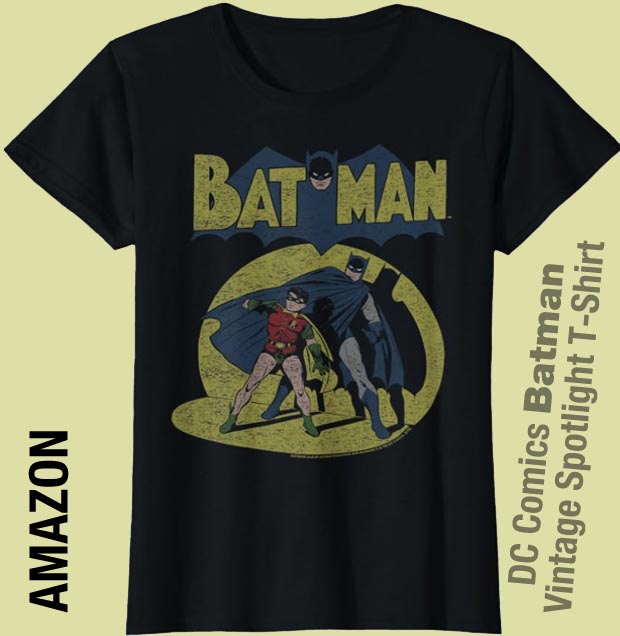Alan Moore's Revenge
MAY 16, 2021
Super-name super-problems
Too much power at the command of too little talent
DC Comics has finally admitted the problem with Superman’s name. Especially given recent events, the branding of Clark Kent’s alter ego doesn’t make much sense with his character".
Article at Screenrant
DC Comics seems to treat more and more of their characters as burdens and their past popularity as nuisances, and its hard to parse why, though in an ironic way it appears to me to involve confirmed DC-hater (and former writer for DC) Alan Moore.
Change is part-and-parcel of comic books, and so the changes that have been spreading through the mainline characters (like Superman) of the industry isn't necessarily an unprecedented phenomenon, after all the pre-and-post-history of Superman was one of change. Superman's creator Jerry Siegel's first idea in 1933 was The Reign of the Super-Man and that portrayed a chemistry-created super-being as a telepathic villain bent upon world domination, an idea that has been ripped off ad-infinitum with the various what-if-superman-goes-bad story lines over the later chronology of Superman's publishing history.
After Reign of the Super-Man, Siegel (and artist Joe Shuster) changed the idea and began developing "The Superman" as a heroic character, with the term "superman" already familiar in pop culture, just like "wonder woman" was already a term that already existed, well before the DC company (then called National Allied Publications) copyrighted and trade-marked (and packaged) the names.
What Siegel and Shuster developed during the 1930s finally appeared in Action Comics #1, in April 1938, and that success set-off what became an explosion of comic book creativity and the beginning of numerous other characters, both derivative to Superman and original, (For more about that see this page on Bob Kane and the beginnings of the superhero-boom) many which are in publication still today (such as Batman and The Submariner).
But what looks like a crisis in confidence at DC Comics today has been steadily ripping apart whatever worked for their characters in the past. So much activity today looks like an effort to find a new, and presumably larger, audience, somewhere else, jettisoning the traditional fan base, and trying to appeal to this distant, phantom audience with new, re-arranged versions of the characters that flatters the reader with every fad and fashion possible. This is also not exactly new, in a way it is like a hyper-sized version of the trend in the early 1970s DC Comics which tried to inculcate hippie terms and fads (and clothing fashion) as the industry tried to catch up with a younger audience, and also due to some of the younger artists and writers that were coming into the industry influencing what was being produced since the majority of the artists and writers were from the huge, but aging, World War II generation.
Fads, fashions, trends, are always involved in the creative process of serial publishing, which is the bedrock of comic books, whether it is on paper or in digital form (or in superhero movie versions which are always made with the idea of an eventual sequel, which is serializing, the backbone of comic books, under a different name).
But change is one thing, but what's happening to DC Comics is different.
Today the irony is that the deconstruction writing style of Alan Moore which brought in unique, appealing ideas and refreshed characters during his career with "National Periodical Publications" (their transformed name before becoming "DC Entertainment") is now utilized by an army of later writers who break down characters into new and less and less recognizable pieces of their former selves. It is as if Moore's influence, which once brought sales and admiration to DC, is now effectively wrecking the business in the hands of writers (and editors) who follow the same path but are missing the point, creating imitations of the characters which are packed with new innovations that readers don't want, judging by declining sales numbers.
Moore's talent seemed to include an aspect that is jarringly at odds with today's writers, which is to twist an existing "fact" about a character and give it a new meaning, unsuspected by the reader until the moment the twist on the fact is revealed (like the unsuspected identity of Swamp Thing, for example). To pull off this twist, though, requires the structure of the traditional character to remain intact so that the redefined 'fact" will be able to resonate through everything already known about the character and accumulated over the past history.

By wiping out past history willy-nilly in the unprecedented way of the 21st century comic book companies, deconstruction can't provide real ironies or interesting twists because there's not enough left from out of the past to support the meaning of the twist. Instead, out of the wreckage of this other-style of "deconstruction" isn't the thing itself, but an illustration of that commonly-used aphorism of "gutting an institution of all of its traditions and then wearing the skin of the corpse, demanding respect." This is also called "bait-and-switch" in the world of marketing, and it burns swaths of customers who don't return after realizing the crime done to them.
Comic books as an institution never had that much respect in the first place, but the core group of fans, generation after generation, provided a resilient starting point to mainstay the industry as it tried to remain relevant to the mass culture at large, and bring in new readers to keep the whole thing afloat. But it appears that basic arrangement is crumbling as innovation and sales declines go hand-in-hand, and if anecdotal statements are to be accepted as fact, back-issue sales on old comic books have boomed amid the drop in interest for the currently published fare, and that is a paradigm that shouldn't be hard to parse.

Original page May 16, 2021 | updated October 2022

